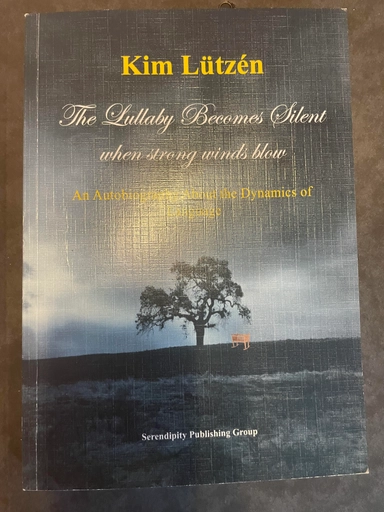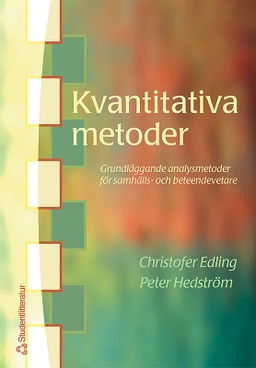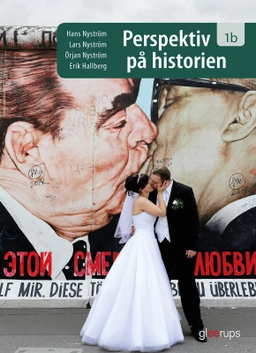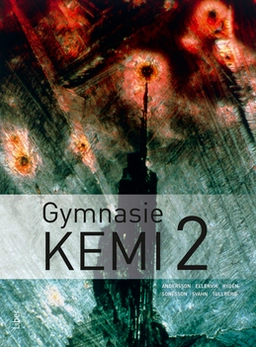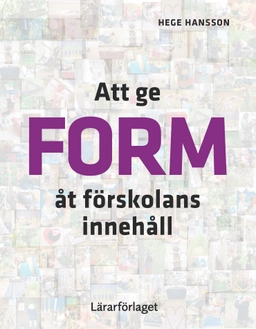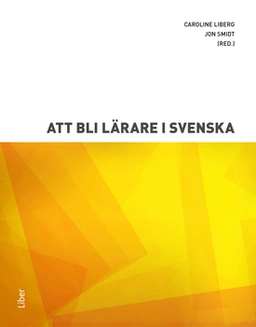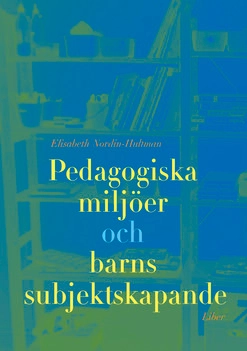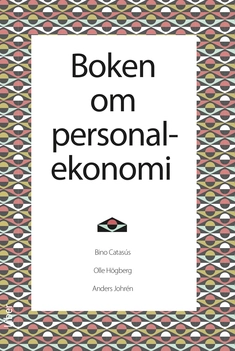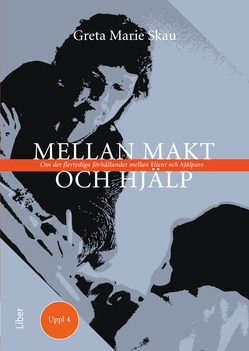RECENSION Linda Shields DMed, PhD, FACN, Centaur Fellow Honorary Professor, Faculty of Medicine, The University of Queensland; Adjunct Professor, School of Nursing, Midwifery and Paramedicine, University of the Sunshine Coast Dr Lűtzén is writing a fascinating autobiography describing her life story and career life. Her plan to use phenomenology to explore, explain and interpret things that happened and how she lived through them provides a novel approach that will help the readers understand Dr Lűtzén’s personal, professional, and philosophical journey. She explains in detail how and why the phenomenological approach will be used. It enables her to interpret the various truths that emerge from her writings and experiences, including her childhood and its challenges with moving countries and cultures. It is beneficial when she describes her language expeditions and how language can philosophically have a significant impact on living. Phenomenology enhances her descriptions of the development of nursing as a profession. This is a well-known history, but less is known about how nursing developed into a discipline that undertook, used, applied and promoted research done by nurses, for nurses and ultimately for the health of people who come under nurses’ remits of care. Dr Lűtzén’ story helps fill that gap. I congratulate Dr Lűtzén on her innovative approach. Her life story is a cracking good read, but the exploration of philosophy and language makes it a truly enriching read. AUTHOR'S COMMENTS: My immigration from Sweden to Canada in 1951 as a small child and back to Sweden in 1979 as an adult involved challenging adaptations to the spoken languages in both countries. My interest in individual immigration experiences motivated me to write this autobiography within a hermeneutic phenomenological spectrum. It may seem to be a bit odd – to combine a qualitative research approach with writing an autobiography. Equally unique is integrating a philosophical perspective with phenomenology in understanding the dimensions of language. One key question that motivated me to write this autobiography is; how have ordinary, individual persons experienced their immigration without knowing the language they will encounter? This question is still on the political agenda. Linguistic, philosophical ideas about language have an extensive history of debates held alive by well-known philosophers. I have consulted other data sources, such as historical statistics on migration, global conflicts and historical facts. Thus, I have narratives from persons no longer alive and persons with recent lived experiences of immigration that have contributed to this autobiography. The chapters are not in chronological order. I begin with the chapters on hermeneutic phenomenology and metaphors. I then describe two different lifestyles in Sweden during 1900 - 1951; in one family, immigration is urged by poverty and in the other, a well-to-do family stays home. My overall aim is that the subtitle; - the dynamics of Language, as a metaphor, has a meaning in many contexts involving human interactions!
Åtkomstkoder och digitalt tilläggsmaterial garanteras inte med begagnade böcker
